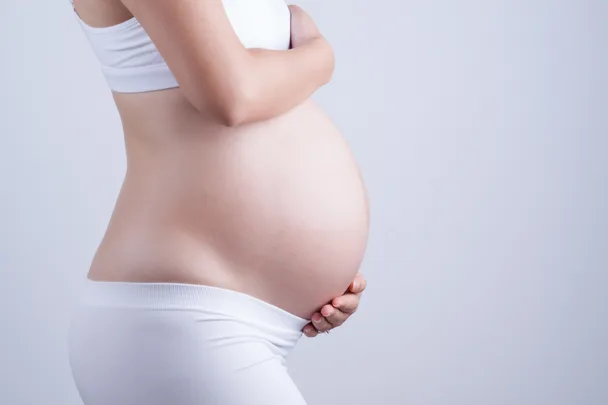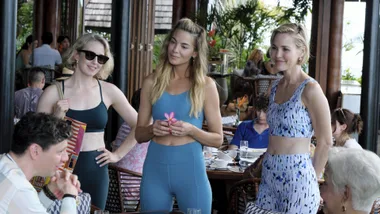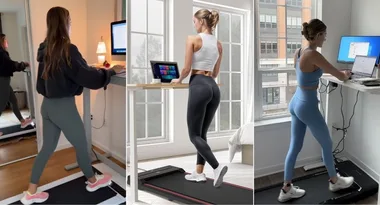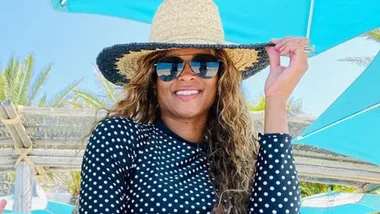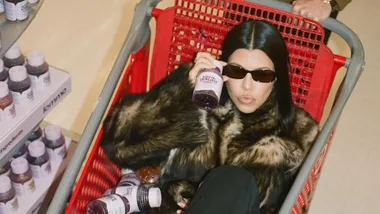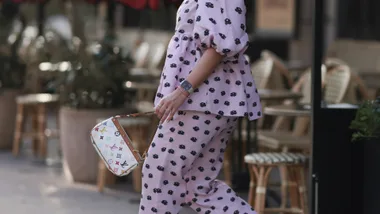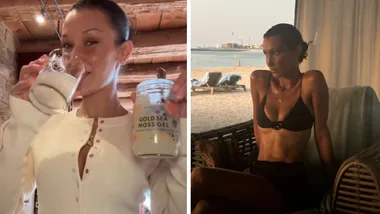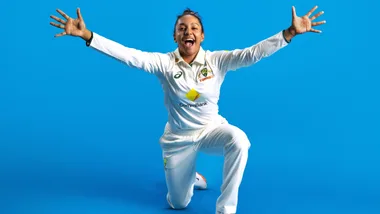Whether you’re part of a couple or going it alone, a question you might as is what is the best age to have a baby?
Dr Helen Peric, of City Fertility in Sydney says, “Although medically speaking, having a baby before a woman reaches her late 30s or early 40s is preferred, everyone is on a different timeline in terms of their life and career and timing will be different for every couple and woman.”
Tasha Jennings, Feritility Naturopath and Nutritionist says “It can take up to 12 years for your menstrual cycle to ‘mature’ and establish healthy, regular ovulation and optimal progesterone levels.”
“For the average women commencing her menstrual cycle between 12 and 16, the optimal time to conceive would be around the age of 24 to 28,” adds Jennings.
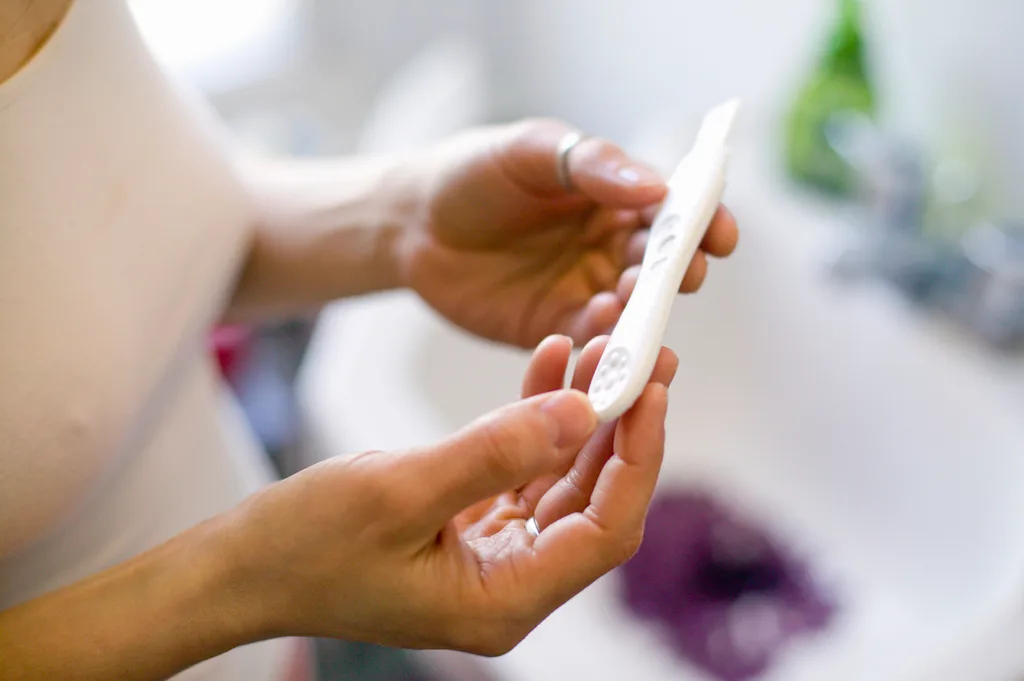
When are women most fertile?
“While the ‘biological clock’ differs from woman to woman, generally women are most fertile in their 20s with decline in the 30s and particularly after 35,” says Peric.
She adds that while biologically speaking, conception before the age of 35 is associated with less risk of health complications than pregnancies in mothers in their late 30s or early 40s, having a baby before 35 cannot guarantee a healthy baby.
“There are obviously a large multitude of factors, including genetics, that determine whether a woman will have a healthy baby.”
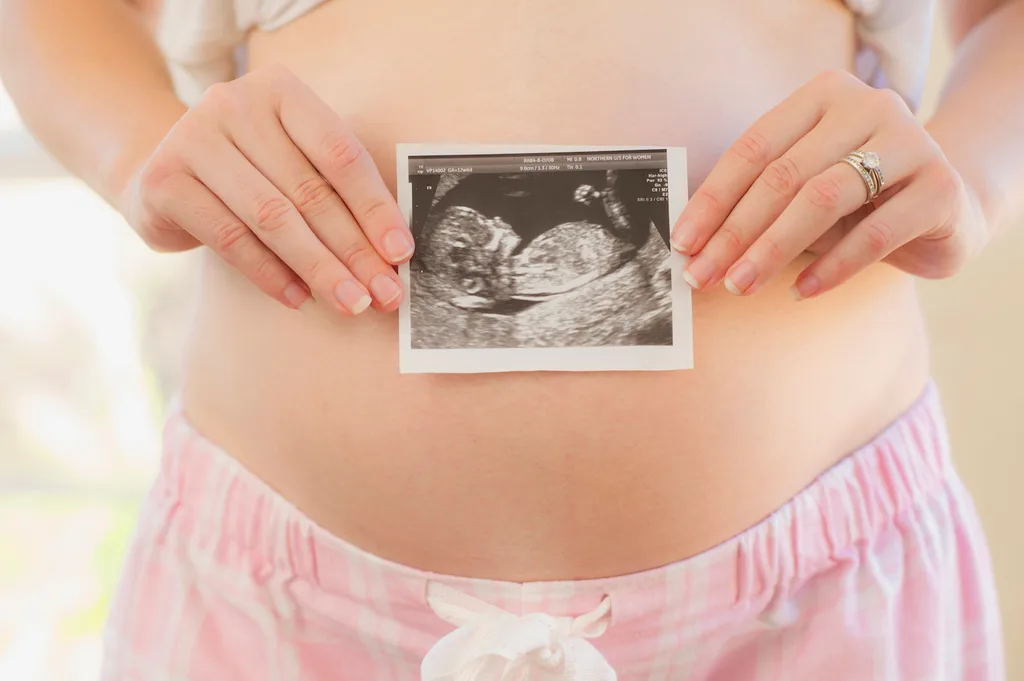
Is there a best time to get pregnant?
“The chances of chromosomal abnormalities increase with advancing age, particularly after the age of 36,” says Dr Devini Ameratunga, obstetrician and gynaecologist at brisbanegyn.com.au.
Why? “Because our oocytes (eggs) have been with us our whole lives, and therefore they are also ageing!” she adds.
“What most people aren’t aware, is that even healthy fertile women in their 20’s only have around a 20% chance of falling pregnant each month,” says Jennings.
“Around 25% of the eggs fertile women in their 20’s release at ovulation aren’t viable, they aren’t capable of making a baby. So pregnancy can naturally take some months, even if nothing is wrong.”
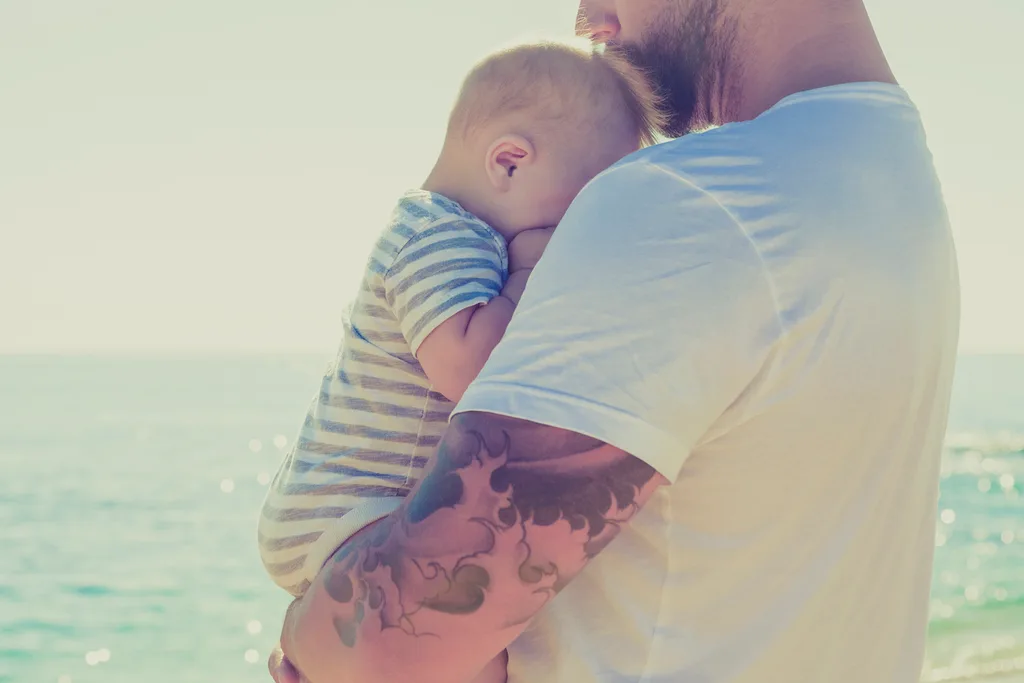
Male fertility
Another factor is the health (and age) of the male and the quality of his sperm. “More recent studies show that [when a man] is over the age of 40 it can affect fertility,” says Ameratunga.
“Advanced paternal age can affect semen quality, time to pregnancy, and has a slightly higher risk of genetic alterations and foetal disease. We also know that there is a higher risk of sexual dysfunction in males with age.”
Jennings adds, “Women’s eggs are able to ‘fix’ issues within sperm to achieve fertilisation. However as women age, so do their eggs and older eggs have less energy to be able to make these ‘changes’.”
The answer then is generally, younger sperm and younger eggs are more likely to produce a healthier baby.
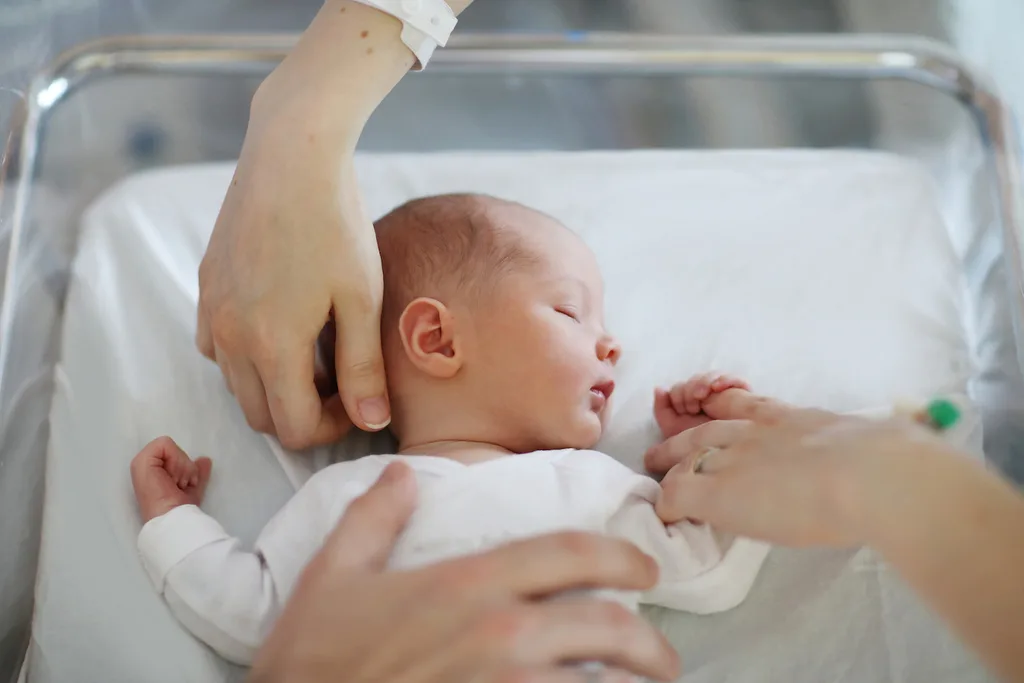
Are younger parents better?
A valid question is how will parenthood be different depending on what age you are? “That’s a tricky question and it depends on individual circumstances,” says Ameratunga.
“Obviously medical factors and age would make you think that the younger the better, but realistically we need to consider much more when thinking about parenthood! The correct partner (or no partner), financial situation, support, travel and life goals all come into it.”
“Physically, the older we are, the more chances of medical complications and generally younger women would have more energy than someone 15 years older. But once again, it’s not a simple answer!”
It sure isn’t.
When it comes to the best time to have a baby only you will know the answer so consult your healthcare provider and find a wellness plan that suits you.
